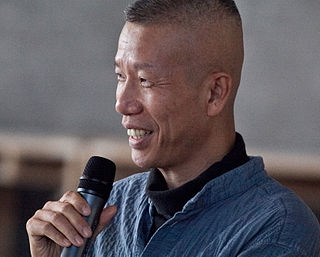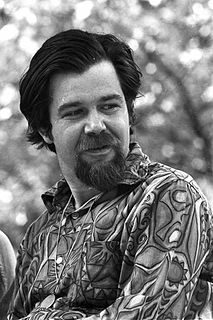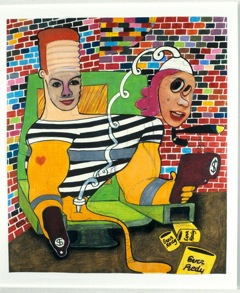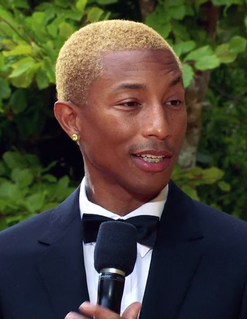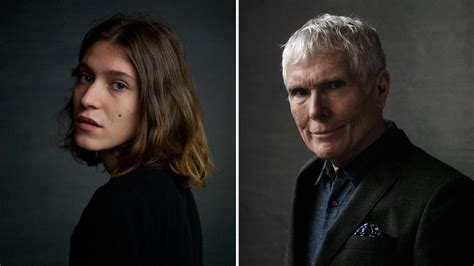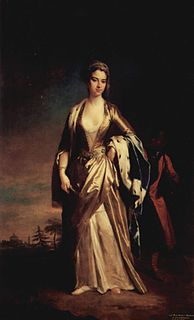A Quote by Cai Guo-Qiang
For my art, there is a common theme most of the time: it is using the things we can see to search for the world we cannot see.
Related Quotes
I love knowing and learning about people around the world displaying my art online. Also, it's how I learn about new artists that are in various parts of the world. The positive thing about Tumblr and Instagram is that they're a fantastic platform for art lovers. I also like, when I search for my art and it says, "see also or related artists," and I see those other artists that relate to me, at least according to the internet. I think it's fascinating - it's interesting to see hashtags people are using in relation to my work. It's another tool of communication.
Find something you like, go into a room, close the door and read it aloud. Read it aloud. Everybody in the world who likes dance can see dance, or hear music, or see art, or admire architecture - but everybody in the world uses words who is not a recluse or mute. But the writer has to take these most common things, more common than musical notes or dance positions, a writer has to take some adverbs, and verbs and nouns and ball them up together and make them bounce.
You see so many beautiful things happening in this world, and you see so many things that make you want to cry and crawl under a rock. But there's an underlying feeling of magic and mystery in everything that I live for. I feel like all of my art is trying to get people to see that underlying, subtle energy that lives within everything that we see and what we don't see in this world.
Nature is indeed a specious ward, nay, there is a great deal in it if it is properly understood and applied, but I cannot bear to hear people using it to justify what common sense must disavow. Is not Nature modifed by art in many things? Was it not designed to be so? And is it not happy for human society that it is so? Would you like to see your husband let his beard grow, until he would be obliged to put the end of it in his pocket, because this beard is the gift of Nature?
I like art that challenges you and makes a lot of people angry because they don't get it. Because they refuse to look at it properly. Rather than open their mind to the possibility of seeing something, they just resist. A lot of people think contemporary art makes them feel stupid. Because they are stupid. They're right. If you have contempt about contemporary art, you are stupid. You can be the most uneducated person in the world and completely appreciate contemporary art, because you see the rebellion. You see that it's trying to change things.
Outlook 2003 did create the idea of search folders and the whole Longhorn philosophy. You can see it at work in search folders, where instead of having to drop things into individual folders, and things exist only in one folder, you create these search folders and you have the criteria for the search folder.
